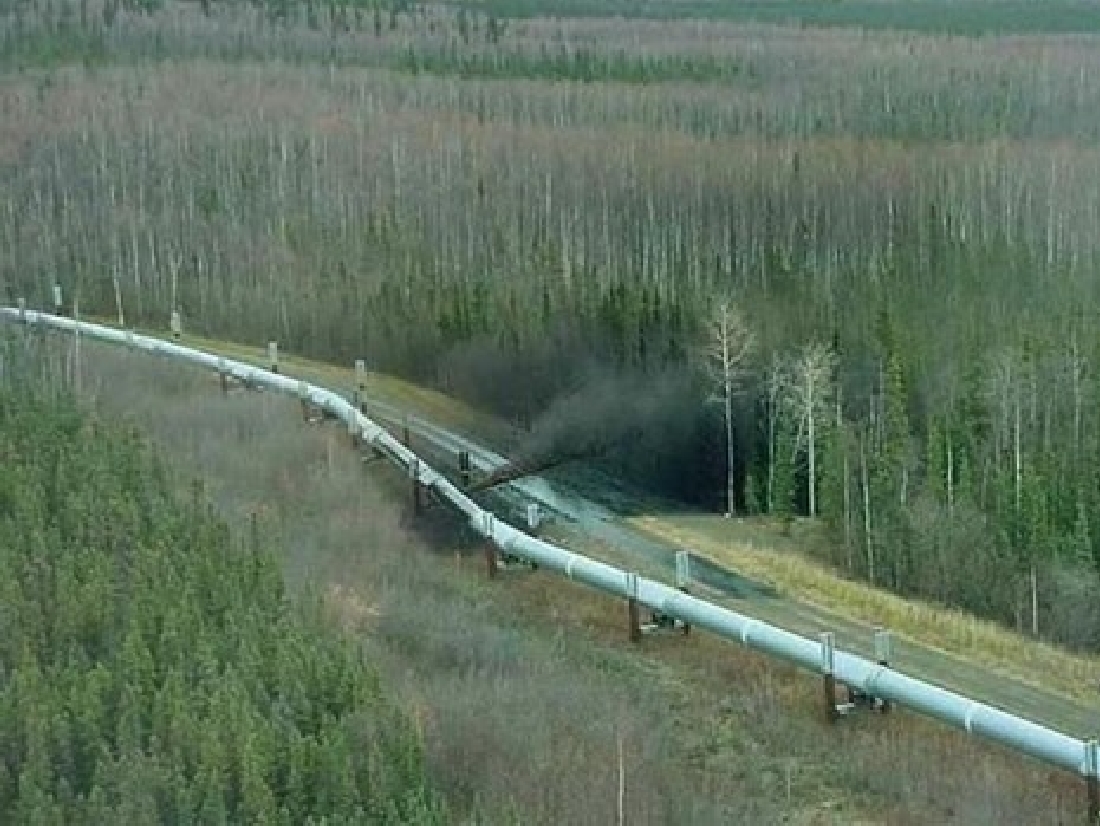TransCanada, the Canadian builder and owner of some of the worst pipelines in both Canada and this country, including the Keystone pipeline network that would transport tar sands bitumen, has been lauded for its “leadership” on sustainable energy and climate change by the Carbon Disclosure Project, a British nonprofit. The DCP works with major corporations worldwide to report greenhouse gas emissions, and TransCanada was recognized as one of the “A List” companies for climate leadership in 2014.
In an October press release by TransCanada, CEO Russ Girling said, “Recognition at the highest level by the CDP — the international NGO that drives sustainable economies — is very significant to us.”
While Static was choking on its granola over the announcement, Jane Kleeb of Bold Nebraska, the small group of landowners who have thus far successfully blocked the Keystone pipeline in the northern United States, was releasing a statement of her own.
“It’s fascinating to learn that TransCanada’s relentless push to foul our land, water, and climate has earned them the title of ‘world leader’ on climate and that they actually have a vice president dedicated to ‘community and sustainability,” she wrote. “I wonder where they were when inspectors found hundreds of dangerous defects in Keystone’s southern leg. Were they being ‘world leaders’ on climate and the environment then?”
The Bold Nebraska press release included a comment from Friends of the Earth’s Luisa Abbott Galvåo, who said, “The only thing TransCanada is a leader in is exploiting the world’s dirtiest oil.”
Looking into how companies are graded by the Carbon Disclosure Project, it didn’t take Static long to discover that it’s not the amount of greenhouse gases a company emits that counts — it’s how well a company answers a series of questions. The answers include company-produced, non-CDP-verified statistics on current emissions and expected future emissions.
On a question about setting targets for emission reductions, for instance, TransCanada received a high grade for this response: “Our business strategy is informed by the risks and opportunities from climate change regulations, physical climate parameters, and other climate-related developments such as uncertainty in social drivers … we anticipate that most of our facilities will be subject to future regulations to manage industrial [greenhouse gas] emissions.”
That sort of answer would usually get Static at best a “B” back in high school for its confusing way of saying nothing while still sounding smart. These days it makes the “A List” for a major polluter and a much lower grade for the Carbon Disclosure Project.












